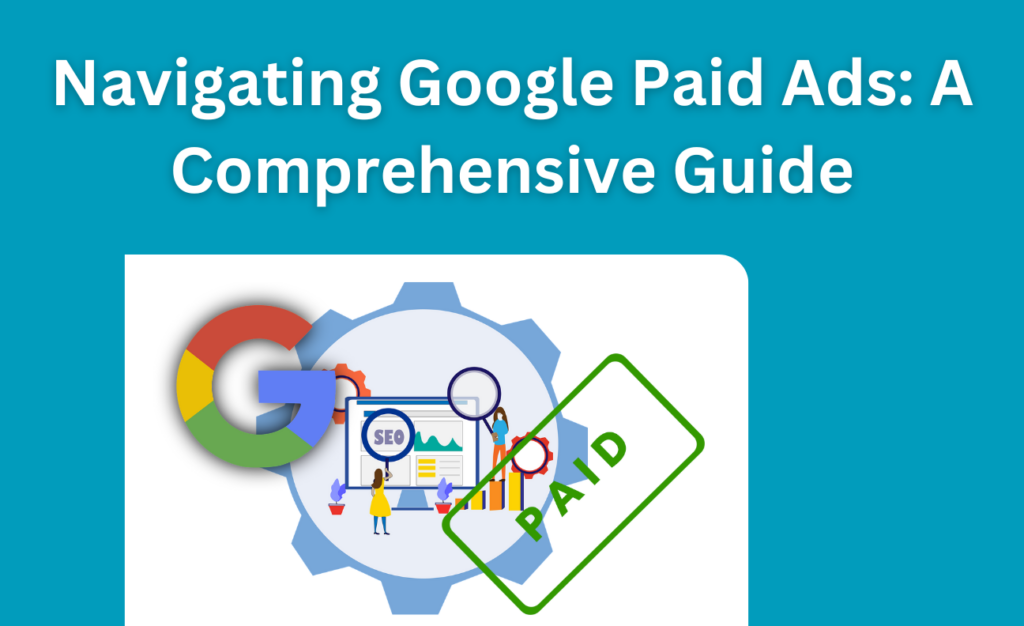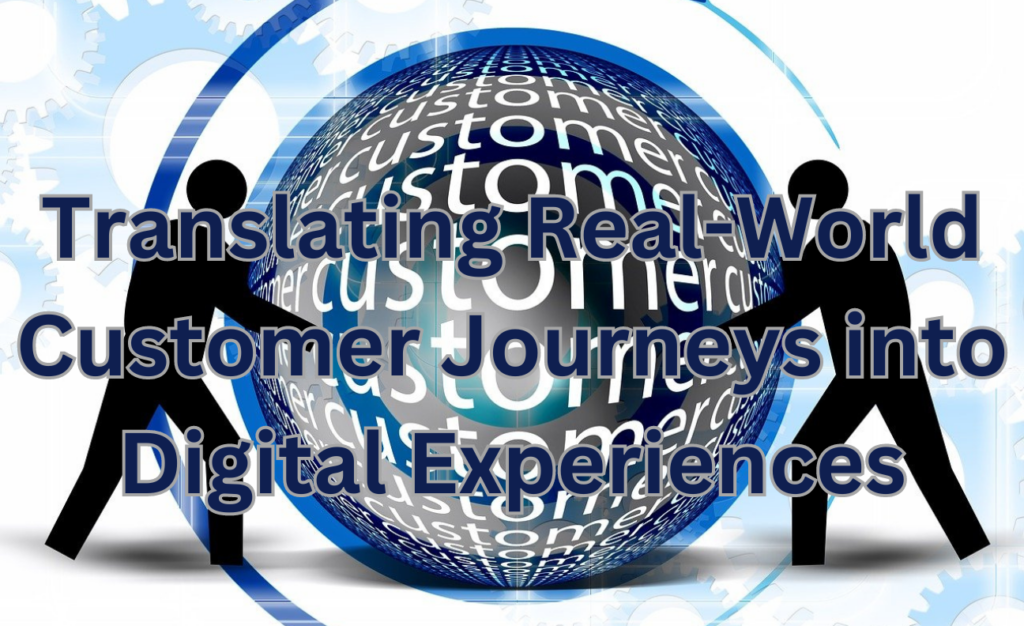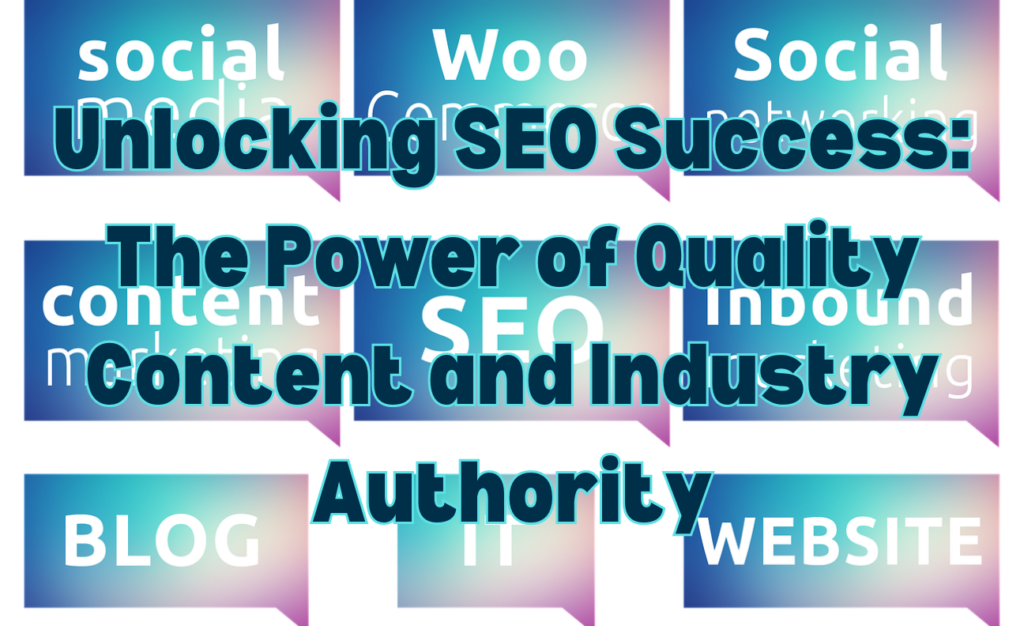In the rapidly evolving marketplace, transparency has emerged as a defining characteristic of successful businesses. Gone are the days when companies could thrive by keeping their inner workings hidden behind closed doors.
These days, modern consumers are demanding more than just quality products and excellent service – they want honesty, integrity, and a clear view into the operations of the brands they support.
In this feature, we will explore the importance of transparency in today’s consumer-driven world, its impact on businesses, and practical steps companies can take to embrace this essential element of modern commerce.
The Era of Informed Consumers
The internet has transformed the way consumers make decisions. With a few clicks, anyone can access a wealth of information about a company’s practices, ethics, and reputation. Social media platforms provide a forum for customers to share their experiences and opinions, making it easier than ever for information to spread rapidly.
In this era of informed consumers, businesses can no longer afford to hide behind a facade of secrecy, meaning they must embrace the authenticity and truth that their customers desire.
The Power of Online Reviews
Online reviews have become a powerful force in shaping consumer perceptions. Websites like Yelp, TripAdvisor, and Amazon host millions of reviews that potential customers rely on to make informed choices.
Positive reviews can be a boon for businesses, but a single negative review highlighting dishonesty or a lack of transparency can tarnish a company’s reputation irreparably.
Trust as a Competitive Advantage
In an environment where trust is increasingly scarce, companies that prioritise transparency gain a competitive edge. Consumers are more likely to do business with companies they trust, and transparency is the foundation of trust.
When consumers know that a business is forthright about its practices, they are more likely to become loyal customers.
The Role of Social Media
Social media has amplified the demand for transparency. Consumers can quickly share their positive or negative experiences with a brand, and these posts can go viral in a matter of hours.
Therefore, companies that actively engage with customers on social media, addressing concerns and providing information, are viewed more favourably by the public.
The Impact of Honesty on Brand Loyalty
Brand loyalty is a precious commodity in the world of commerce. It’s not just about attracting new customers; it’s about retaining existing ones.
It should be noted and remembered that transparency plays a pivotal role in building and maintaining brand loyalty.
Creating Emotional Connections
Transparent businesses are often seen as more authentic, and authenticity resonates with consumers. When a company openly shares its values, mission, and operations, it creates an emotional connection and brand attachment with its customers.
This connection fosters loyalty, as consumers feel like they are part of something more significant than a mere transaction.
Mitigating Negative Perceptions
Mistakes happen in every business, but how a company handles those mistakes can make all the difference. A transparent business is more likely to admit its errors, take responsibility, and make amends.
Such actions can turn a negative experience into a positive one, enhancing customer loyalty.
Building Trust Over Time
Brand loyalty is not built overnight. It requires consistent transparency and ethical behaviour over time.
Companies that maintain transparency in their operations and consistently deliver on their promises are more likely to enjoy long-term customer loyalty.
Building Trust Through Transparency
Trust is the cornerstone of any successful relationship, and the relationship between businesses and consumers is no exception. Here’s how transparency helps build trust:
Open Communication
Transparent businesses engage in open and honest communication with their customers. They share information about their products, pricing, and practices in a clear and easily accessible manner.
When consumers feel like a company is forthcoming with information, they are more likely to trust that company.
Ethical Practices
Transparency also extends to a company’s ethical practices. Businesses that adhere to high ethical standards and make those standards transparent to their customers build trust.
This includes fair labour practices, responsible sourcing, and a commitment to environmental sustainability.
Data Privacy
In an age where data breaches are a constant threat, companies that are transparent about their data privacy and security measures are viewed more favourably.
Customers want to know that their personal information is safe in the hands of the companies they do business with.
Handling Customer Data Responsibly
Companies that handle customer data responsibly and transparently are better positioned to build trust.
Being clear about how customer data is collected, used, and protected can ease concerns and build confidence among consumers.
Practical Steps Toward Transparency
Embracing transparency is not just a philosophical decision; it requires concrete actions. Here are some practical steps that businesses can take to become more transparent:
Clear Communication: Ensure that all communication with customers, from marketing materials to product descriptions, is clear, accurate, and free of misleading information.
Transparent Pricing: Be upfront about pricing and any additional fees or charges. Hidden costs can erode trust quickly.
Ethical Sourcing: If applicable, communicate your commitment to ethical sourcing and responsible production. Share information about where your products come from and how they are made.
Handling Feedback: Embrace customer feedback, both positive and negative. Respond promptly to complaints and use criticism as an opportunity for improvement.
Sustainability Efforts: If your company has sustainability initiatives, make them known to your customers. Share your goals, progress, and any certifications or partnerships related to sustainability.
Case Studies: Companies Leading the Way
To illustrate the impact of transparency, let’s look at a few companies that have made it a central part of their business model:
Patagonia
Patagonia, the outdoor clothing and gear retailer, has been a trailblazer in transparency. They openly share information about their supply chain, the environmental impact of their products, and their commitment to fair labour practices.
This transparency has not only built trust with their customers but has also inspired other companies to follow suit.
Airbnb
Airbnb has built its reputation on transparency between hosts and guests. They provide detailed information about properties, reviews from previous guests, and clear pricing.
This transparency has been crucial in establishing trust in a platform where people often stay in strangers’ homes.
The Future of Transparency
As the world becomes more interconnected and information flows freely, transparency will continue to be a defining factor in business success.
Companies that prioritise honesty and openness will not only earn the loyalty of today’s consumers but also thrive in an increasingly competitive marketplace.
Transparency is not a trend; it is an essential element of modern commerce, and businesses that embrace it will secure a brighter future.
In conclusion
The era of informed consumers has ushered in a new era of business, where transparency and honesty are paramount. Companies that prioritise these values will build trust, foster brand loyalty, and enjoy a competitive advantage in the marketplace.
As we look to the future, it is clear that transparency is not just a buzzword; it is the foundation upon which successful businesses will be built from now on. So, remember, in the age of transparency, honesty is not just the best policy; it’s the only policy that matters.










